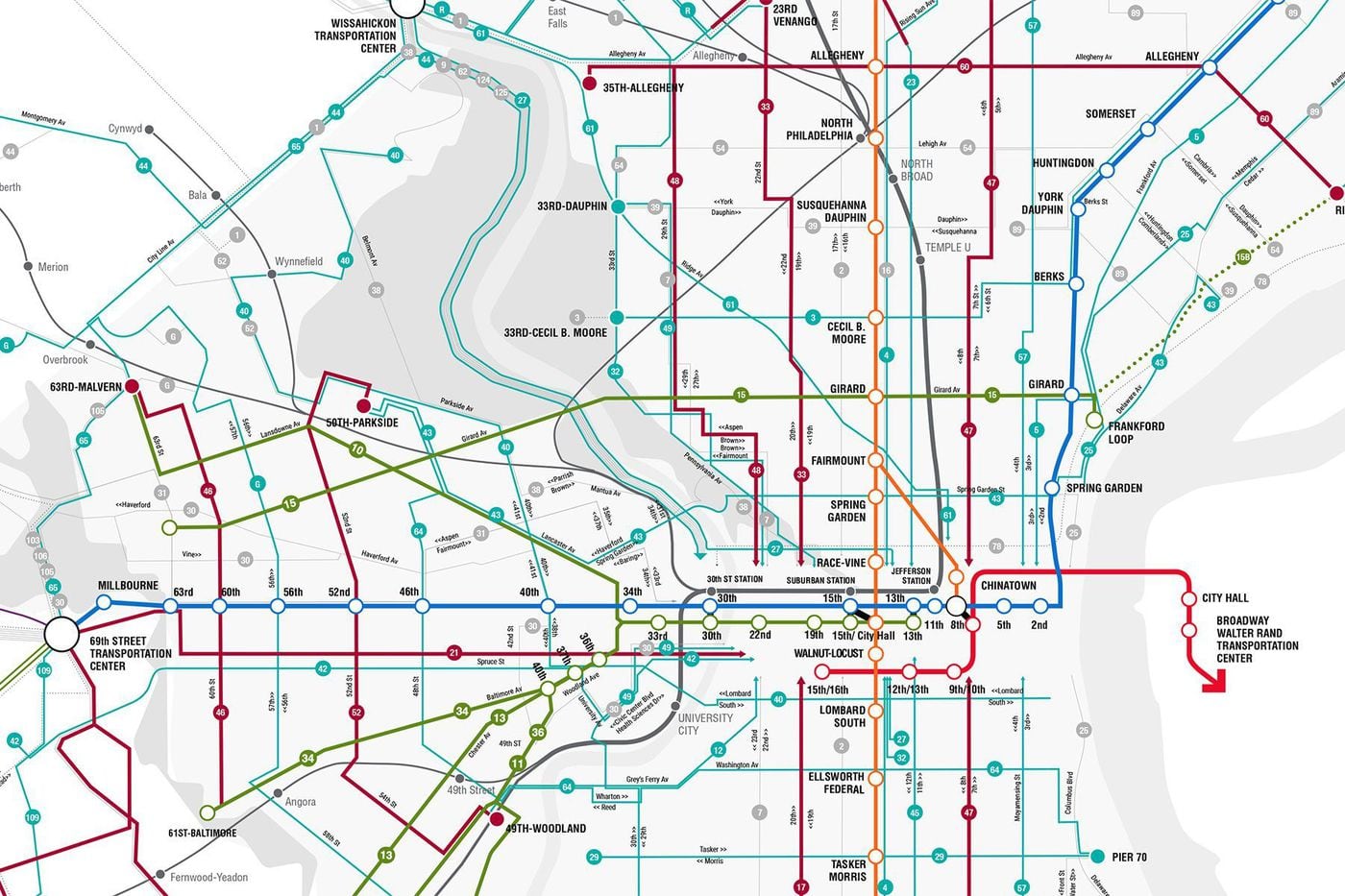

On the revenue side, SEPTA has been pushing the Key Advantage program, which allows employers to buy transit passes at a discount and offer them to their workers free. Proving that it is finding efficiencies and working to generate ridership (and revenue) are crucial as SEPTA asks the state and local leaders for funding, officials said. Other transit systems in the nation are bracing for the same thing.


SEPTA says it is hurtling toward a "fiscal cliff," projecting a $270 million deficit in the operations budget by the end of the 2024 fiscal year next summer, as federal pandemic aid runs out. The documented savings are important, but "change is only really sustainable if we also tackle strengthening our culture here," said Emily Addison, SEPTA's deputy chief of transformation for performance. More than 100 additional projects are in the pipeline. Employees at all levels proposed 468 ideas for improvements and then developed the most promising ones in collaboration with colleagues and top executives.Įighteen employee-generated ideas implemented last year will generate $38 million in recurring annual savings or revenue for SEPTA, the agency noted in its recently released Transformation Office annual progress report. In 2021 the agency launched a massive brainstorming effort, called Efficiency & Accountability and intended to address both issues. Hourly workers took a particularly dim view of company leadership and culture. Second, the transit authority's "organizational health index" ranked in the bottom 25th percentile among workplaces, according to a survey of employees by business consultant McKinsey & Co.


 0 kommentar(er)
0 kommentar(er)
